Many crops in the chain
Ms. Le Thi Thanh Phuong - Deputy Head of the Provincial Department of Cultivation and Plant Protection said that in recent years, agricultural production in the province has gradually developed in association with processing and consumption markets. Up to now, some key products of the province such as: Rice, grapes, apples, sugarcane, cassava, corn seeds, onions, garlic, aloe vera, asparagus, grapefruit, mango, durian... are closely linked in many different forms and distribution channels. Farmers link together into cooperatives to organize production; link between cooperatives and product consumption units, production through production and product consumption linkage contracts...
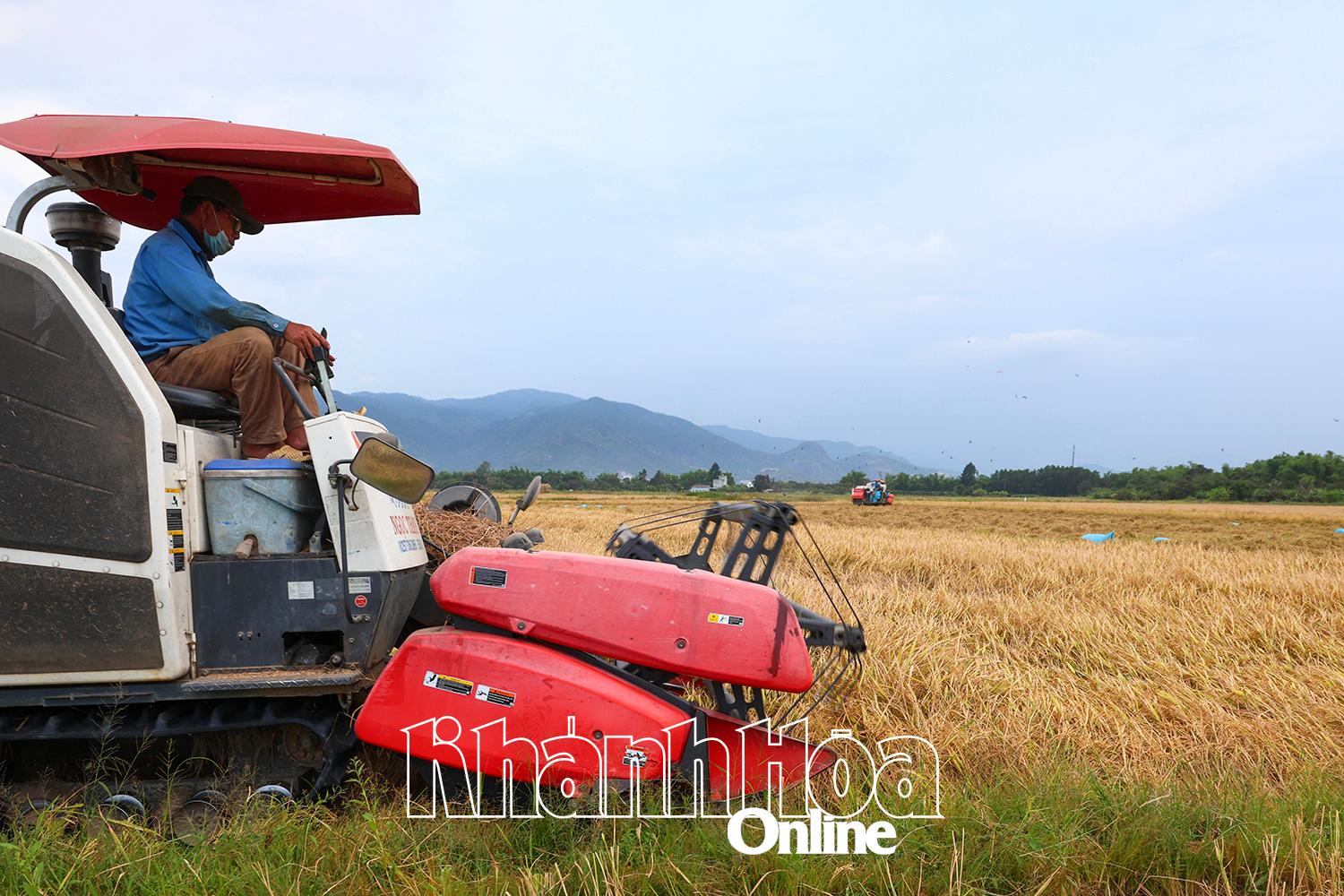 |
| Farmers link production and consumption of high quality rice seeds. |
These forms of association are becoming more and more popular and bring positive results. For example, in Phan Rang ward, more than 50 hectares of aloe vera of local farmers are associated with Canh Dong Viet Food Joint Stock Company, with an output of nearly 9,000 tons/year. Of which, 70% of products are consumed domestically, 30% are exported to Japan, Korea, and China. Or the An Xuan asparagus value chain chaired by An Xuan Cooperative (Ninh Hai commune) to link production and consumption of all products, with a scale of 20 hectares and an output of 154 tons. This association has helped households participating in asparagus production have a stable income.
For rice, up to now, the province has dozens of linkage models with a scale of thousands of hectares. In which, farmers focus on production, product output has been guaranteed by enterprises such as: Dong Nam Seed Joint Stock Company, Nha Ho Seed Production Center... For grapes, according to incomplete statistics, there are currently 4 linkage chains, with a scale of 90 hectares of 251 grape-growing households. Enterprises, cooperatives, and farmers join together in supplying materials, organizing production, and consuming 1,350 tons of grapes/year. In addition, grape growing combined with eco-tourism has been developed from Thai An Agricultural Cooperatives; Ba Moi, Hoang Yen, Tri Ha grape farms...
In Nam Khanh Vinh commune, Hieu Linh Agricultural Production and Purchasing Cooperative has also created a strong chain of links. Dozens of member households have jointly applied the VietGAP standard production process, bringing to the market hundreds of tons of high-quality green-skinned grapefruit each year, trusted by consumers and imported by supermarkets. In Khanh Son commune, along with fresh durian, farmers here have gradually increased the processing content, bringing to the market many products made from durian, ensuring year-round service for customers. In particular, Thanh Hung Agricultural Company Limited is a pioneer in safe cultivation, linking with other durian growers to proactively source raw materials, invest in deep processing, bring to the market freeze-dried durian products, durian ice cream... and establish a modern distribution channel for products processed from this specialty. Similarly, in Dong Ninh Hoa commune, hundreds of hectares of seaweed of fishing households are being grown, harvested, and processed in close association with processing enterprises, distributed to the domestic market and for export.
According to statistics from the Provincial Department of Cultivation and Plant Protection, up to now, the whole province has built 76 chains linking production and consumption of agricultural products, with an area of over 15,800 hectares. The chains spread from the plains to the mountains, on many key crops: Rice, grapes, aloe vera, asparagus, mango, durian, grapefruit, garlic, safe vegetables...
To link the chain more and more firmly
It can be seen that chain linkage is a sustainable direction, helping farmers feel secure in production, businesses proactively source raw materials, and cooperatives improve their reputation and management capacity. More importantly, the province's products have brands, making it easy to expand to large markets. This is the result of the State's support and encouragement policies, the companionship of businesses, and the innovative spirit of farmers.
However, the chain linkage process also faces difficulties and obstacles such as: There are still some linkages that are not really sustainable, are still seasonal, some households still have the habit of "eating quickly", chasing market prices; post-harvest processing and preservation are still limited, the added value is not high. To solve these difficulties, in recent years, the province has paid attention to supporting and building projects and plans to encourage the formation of value chains, strengthening propaganda and training so that farmers understand the long-term benefits of chain production. The province also identifies and builds key growing areas, concentrated raw material areas, large scale. Along with that, support the formation of production organizations such as cooperatives, cooperatives, enterprises; have policies to support the application of high technology, from new varieties adapting to climate change to mechanized production, deep processing, post-harvest preservation. VietGAP and GlobalGAP training courses are increasingly attracting more farmers to participate. Agricultural products are labeled with QR codes, traceability, brand names, eye-catching packaging... more and more. Rice fields and fruit gardens are invested synchronously, have clear zoning plans, and are produced according to standard processes, based on strong and effective links and joint ventures... Thereby, helping to improve production efficiency and income for farmers and businesses.
HONG DANG
Source: https://baokhanhhoa.vn/kinh-te/nong-nghiep-nong-thon-moi/202510/lien-ket-de-nang-tam-nong-san-b796c96/



![[Photo] Award Ceremony of the Political Contest on Protecting the Party's Ideological Foundation](https://vphoto.vietnam.vn/thumb/1200x675/vietnam/resource/IMAGE/2025/10/22/1761151665557_giaia-jpg.webp)
![[Photo] Da Nang: Shock forces protect people's lives and property from natural disasters](https://vphoto.vietnam.vn/thumb/1200x675/vietnam/resource/IMAGE/2025/10/22/1761145662726_ndo_tr_z7144555003331-7912dd3d47479764c3df11043a705f22-3095-jpg.webp)


![[Photo] Prime Minister Pham Minh Chinh chairs meeting on nuclear power plant construction](https://vphoto.vietnam.vn/thumb/1200x675/vietnam/resource/IMAGE/2025/10/22/1761137852450_dsc-9299-jpg.webp)
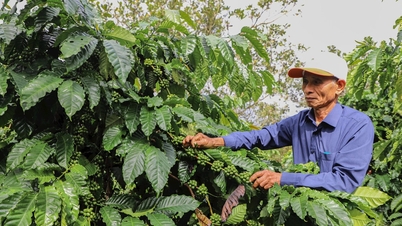

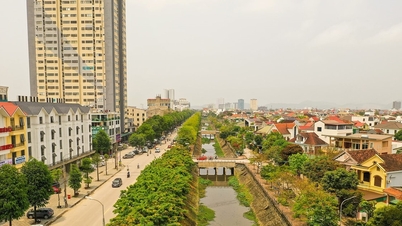














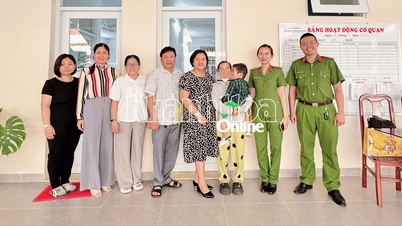
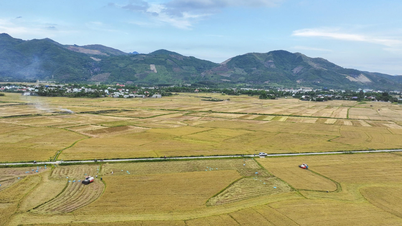

![[Photo] Comrade Nguyen Duy Ngoc visited and worked at SITRA Innovation Fund and ICEYE Space Technology Company](https://vphoto.vietnam.vn/thumb/1200x675/vietnam/resource/IMAGE/2025/10/23/1761174470916_dcngoc1-jpg.webp)
![[Photo] General Secretary To Lam and his wife begin their official visit to Bulgaria](https://vphoto.vietnam.vn/thumb/1200x675/vietnam/resource/IMAGE/2025/10/23/1761174468226_tbtpn5-jpg.webp)











































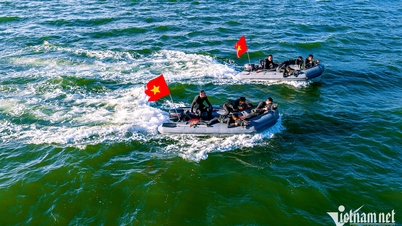
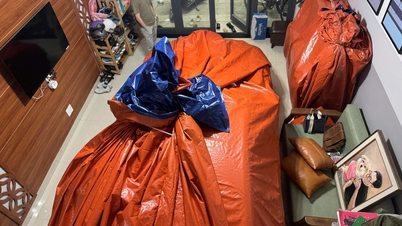
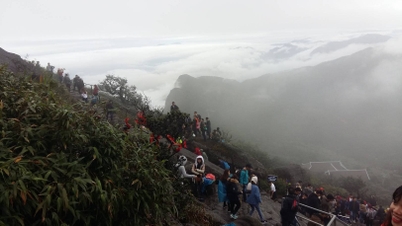




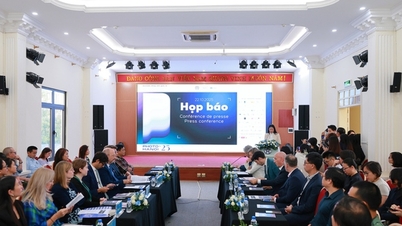
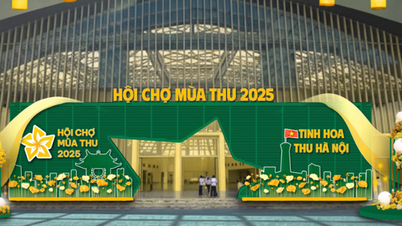
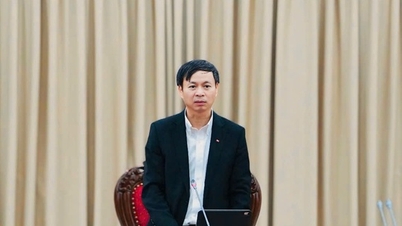


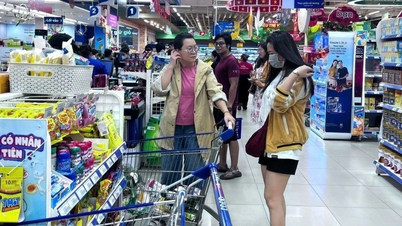



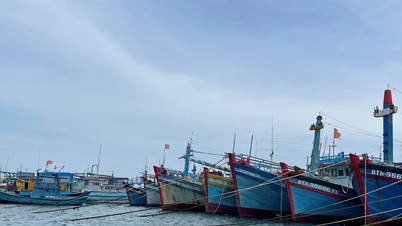
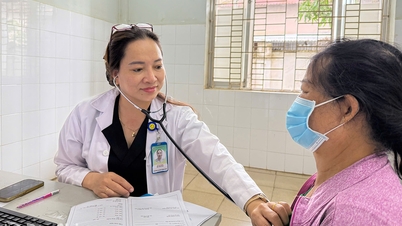
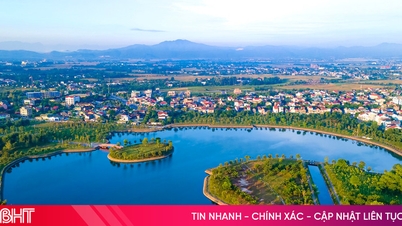

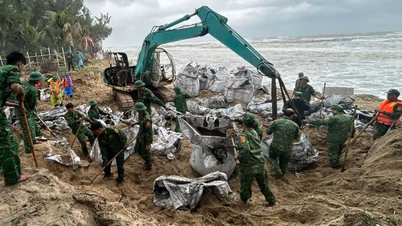













Comment (0)